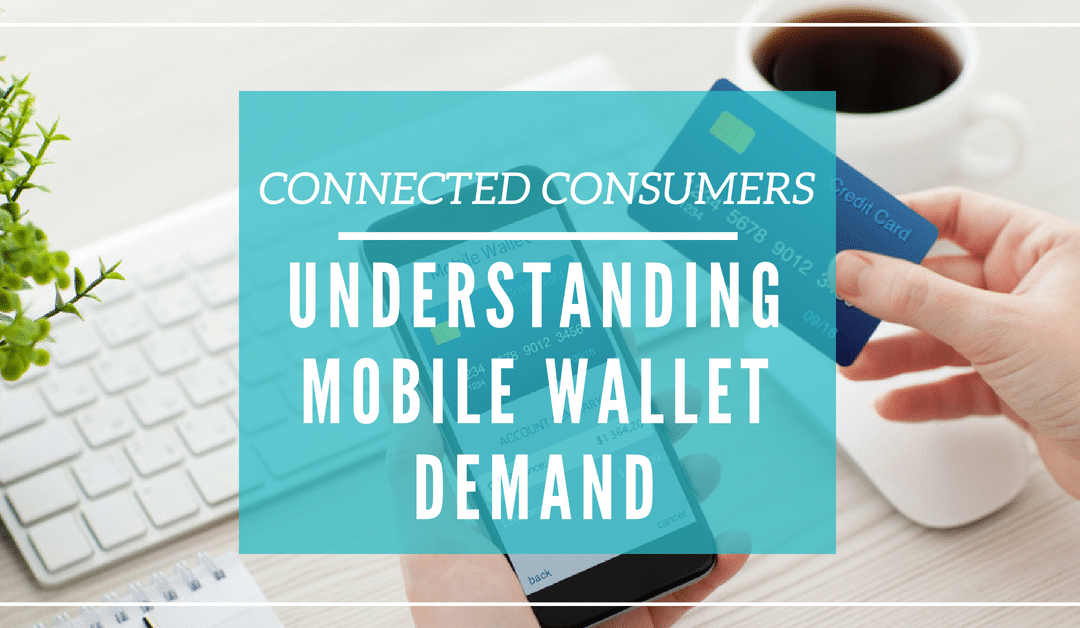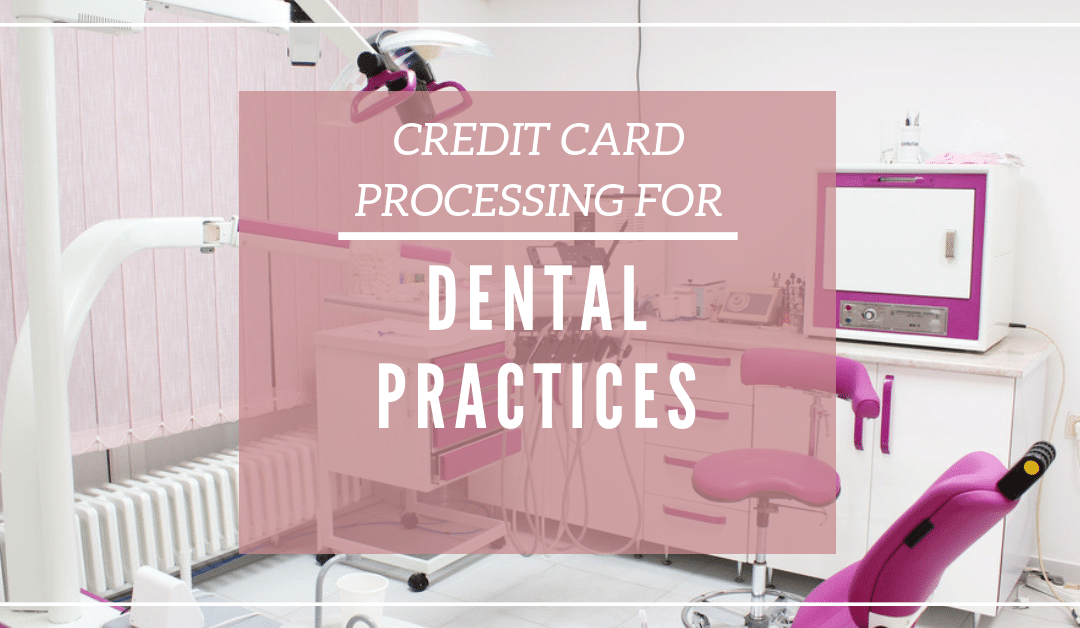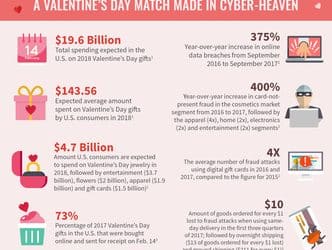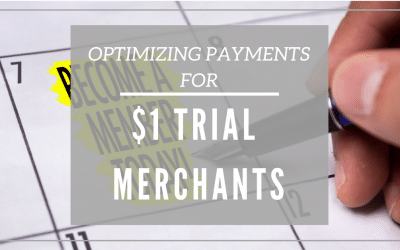PayArc is pleased to announce new specialized merchant services for coffee shops. We understand the importance of creating the best payments infrastructure for your small business, and we’re here to help.
Coffee is lifeblood for your patrons: they wake up in the morning, dreaming of the perfect cup of Joe. The smell of your roast, created from the perfect blend, wafts into the air and draws them in. They walk through the door and stand in line, mulling over which roast they’ll sample, while reaching for their wallets. As they approach the front of the line, they pull out their payment card, anticipating their warm brew and the buzz of caffeine that will supercharge their morning. What they are not mulling over is the mechanics of how the money gets from their account to yours. If your payments operation is set up correctly, you shouldn’t be mulling over it, either.
Payment processing is the lifeblood of your business. Without the proper tools, technologies, and processes, cash flow tightens and business suffers. Thankfully, we specialize in helping coffee shops like you streamline payments so you can focus on what you do best: running the best coffee shop in town.
We provide merchant services for coffee shops so you can quickly accept credit card payments. We understand the unique nature of merchant services for coffee shops and take time to understand your unique business model. We advise on the best solutions that can be tailored to meet your needs. Whether its points of sales systems or mobile payments, we will guide you through the many options to arrive at a solution that fits your business and keeps your customers happy.
If you already have some systems in place, we can integrate with almost all of them. We help you quickly and easily accept payments of all kinds while ensuring that payments remain secure, protected from fraud, and efficient. Our always-on customer support ensures that you have a lifeline in case you have any questions, and we offer some of the best pricing in the industry. In fact, we are offering Interchange cost pricing plus $0.029/transaction and $25 per month.
Our merchant services for coffee shops provide the tools you need to succeed:
Gateway Services – Payarc’s PCI compliant web based payment gateway allows you to monitor transactions in real-time.
Credit Card Processing – Payarc’s global network of acquirers and banks provide merchants with the scale-ability they need in over 25 currencies.
Point of Sale Systems – POS systems provide many businesses with the tools necessary to run an efficient operation. POS systems add tremendous value when cash flow is vital to your operations. There are hundreds of POS systems that can help niche businesses even more.
- Choose from dozens of POS systems
- PayArc can assist in POS integrations
- We can help find the right solution for your business
Mobile Payment Processing – Payarc’s mobile SDK makes it easy to integrate mobile payment solutions. Mobile payments is by far the most exciting aspect of payment processing today. PayArc provides merchants with the latest technology options to help mobile merchants integrate payments into their apps or mobile payment systems.
- PayArc offers many EMV card readers to choose from
- Mobile app SDK is easy to integrate
- Safe and secure encryption
- Take your business on the road!
Online Payment Processing – Does your coffee shop offer products online, too? Setting up an online store can be a daunting task but it can also add significant sales growth to a merchant. PayArc eCommerce solutions provide merchants with an all in one solution for small merchants to large eCommerce giants. Subscriptions or recurring payments? No problem! We’ve got you covered with our account updater tool so you never lose a customer!
- Recurring payments
- Account updater
- Dozens of shopping cart integrations to choose from
- Fraud and risk tools
- Robust sales reporting
- PCI DSS protection
With over 300 payment technology integrations we’ve already done the hard work to ensure that our merchants can process with confidence. We understand the special requirements of merchant services for coffee shops and have created unique solutions and pricing to help.






